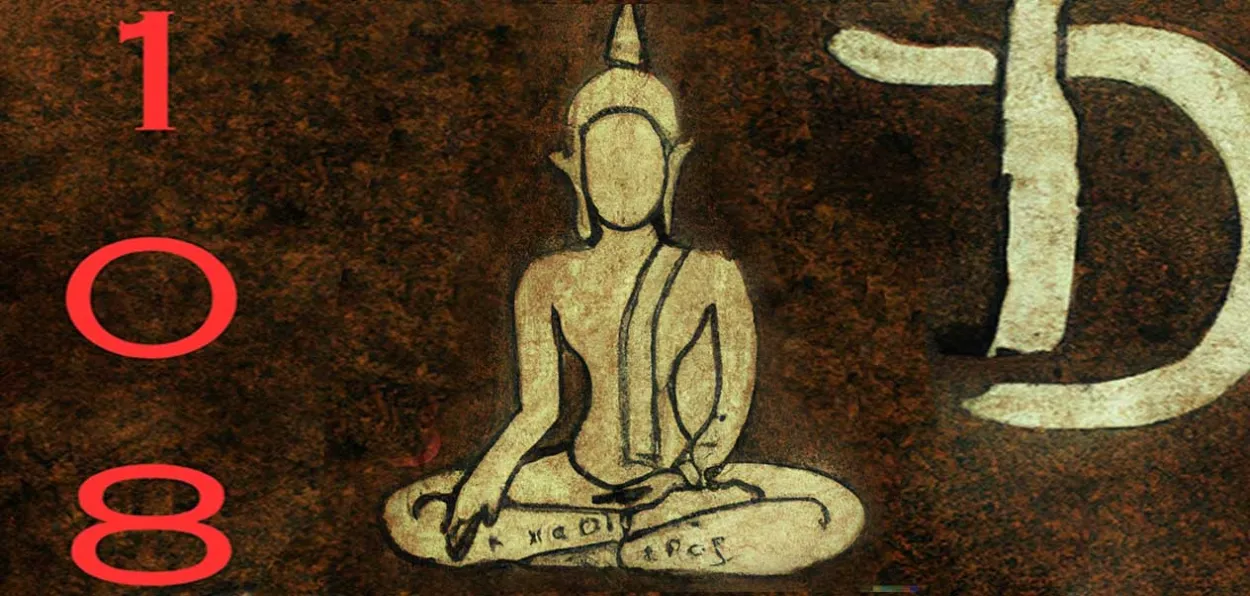
Amir Khan
Next time you have the choice to decide your Car Number or you want to buy a lucky pendant, try number 108.
Here is why the number has been considered to be auspicious for hundreds of years as per Vedic spirituality.
In Tibetan Buddhism, the number 108 holds a significant spiritual meaning. The number 108 is also used for blessings in Tibetan culture. Buddhism shares this unique emphasis on 108 with other Dharmic Religions, such as Hinduism and Jainism.
As per Indian philosophy, 108 is a ‘Harshad’ number. Harshad’ number is an integer divisible by the sum of its digits. ‘Harshad’ in Sanskrit means ‘joy-giver.’ There are believed to be 108 different types of meditation. It is also said that there are 108 paths to God.
The significance of the number 108 is not limited to Tibetan Buddhism. Mathematicians and astronomers also view it as a special number. The distance between the Earth and the Sun is 108 times the diameter of the Sun. Additionally, there are 27 constellations in our galaxy, and each has four directions, resulting in a total of 108.
The Kangyur, the Tibetan Buddhist canon consisting of 108 volumes of sacred texts, is considered the Word of the Buddha. The Lankavatara Sutra, a Mahayana Buddhist text, also has a section where the Bodhisattva Mahamati asks the Buddha 108 questions.
The use of the number 108 extends beyond religious texts and into daily life. For instance, a traditional Tibetan rosary, used for counting prayers, must have 108 beads, and a nomad woman braids her hair into 108 tresses.
In Tibetan villages, a special ritual is performed every year in late October when the animals are brought back to winter camp. The men of the village borrow the 108 volumes of the Kangyur from the monastery and carry them on their backs while they circumambulate the winter grazing area several times.
ALSO READ: Langar and Iftar: community eating is an Indian tradition across religions
This ritual is believed to bring blessings to the whole village and protect the herds from a harsh winter.
Amir Khan is a Delhi-based chef, entrepreneur, and technology buff. Views are personal.
